Having achieved carbon neutrality by 2020, global biopharmaceutical corporation Takeda recognizes its mission to protect the planet, as public health is intrinsically linked to environmental quality. In addition to focusing on implementing numerous policies and programs to protect people and the earth, Takeda also strives to provide preventative therapies for infectious diseases increasing due to climate change, including a dengue fever vaccine.
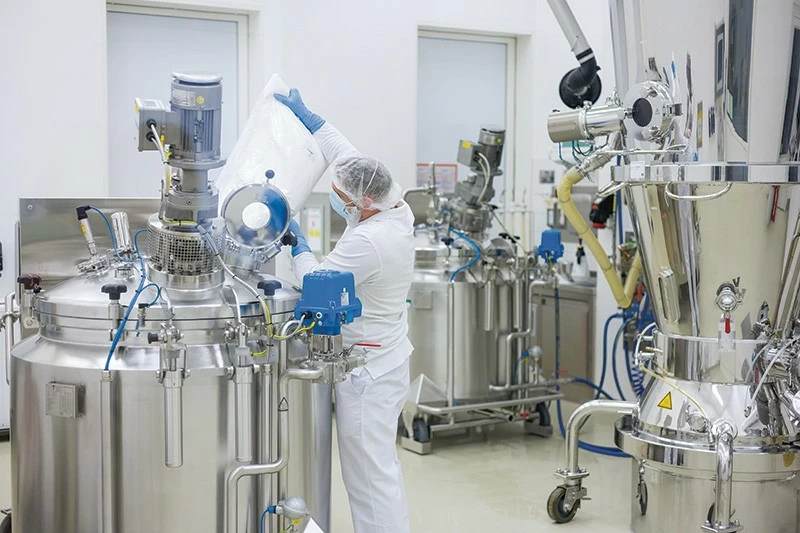 |
| Takeda's factory in Germany. |
From carbon neutrality to the Net Zero target by 2035
To achieve its carbon neutrality goal by 2020, Takeda has invested in more than 30 projects across 12 countries. These projects leverage wind and solar energy, improve water quality, conserve forests and biodiversity, and are geared towards 15 of the 17 United Nations Sustainable Development Goals.
A prime example is the project to build and repair a well system for the Republic of Malawi (Africa), providing clean water and reducing reliance on wood-fired water heating, thereby limiting deforestation. In rural areas of China, the company has supported the replacement of coal-fired stoves with solar-powered stoves, improving air quality while ensuring people's living needs are met. In addition, Takeda has supported the conservation of over 8,600 hectares of forest in Tennessee, USA, and implemented a sustainable forest management program in Japan.
Looking further ahead, Takeda aims to achieve zero carbon emissions within the company by 2035 and across its entire value chain by 2040. This strategy includes eliminating at least 90% of emissions while investing in direct carbon capture technology or new reforestation.
For example, Takeda's BioLife Plasma Donation Center in Linz, Austria, has been completely converted to operate on zero-emission electric power. The company is also committed to using 40% electric or hybrid vehicles by 2025, aiming to completely eliminate internal combustion engine vehicles by 2030.
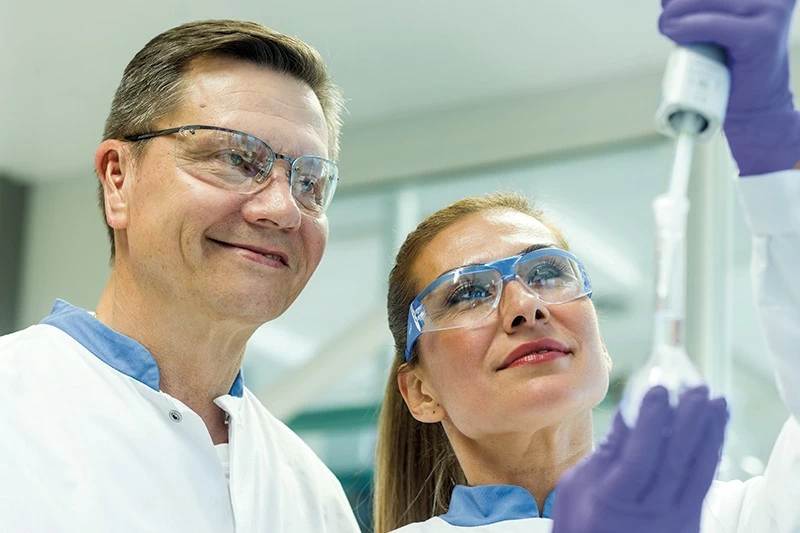 |
| Takeda scientists |
In 2023, Takeda opened its first positive energy production plant in Singapore and was certified with the Platinum Positive Energy rating by the BCA Green Mark.
Takeda's environmental preservation efforts are also a collaborative effort involving all its employees. Applying advanced technology, data science, and inherent creative thinking, the team has implemented numerous projects to optimize the use of clean water and natural gas in the production process. Takeda also actively recycles and reuses to minimize waste. According to a 2024 report, 78% of waste is optimally processed, avoiding landfilling.
A key element of the Net Zero strategy is partner engagement. According to internal data, 87% of emissions come from supply chain partners. By the end of 2023, 53% of Takeda's product packaging was sourced from recycled or sustainably certified materials, contributing to waste reduction. Takeda is currently racing against time to achieve its goal of 67% of its suppliers meeting emission reduction targets by the end of 2024. Furthermore, to significantly reduce its carbon footprint in transportation, 50% of the company's goods will be shipped by sea instead of air.
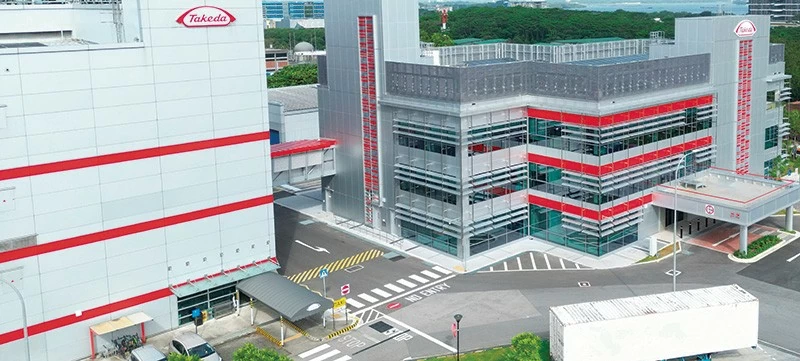 |
| Takeda's plant in Singapore produces more energy than it consumes. |
Responding to dengue fever – a crucial contribution to preventing the increase in disease outbreaks caused by climate change.
Climate change is one of the leading causes of dengue fever becoming increasingly dangerous. The World Health Organization (WHO) assesses this disease as a top health threat worldwide, including in Vietnam.
While vector control and mosquito bite avoidance play a crucial role, the WHO recommends a comprehensive vaccination strategy to minimize the impact of outbreaks. Building on over 70 years of experience in the field of vaccines in Japan, Takeda has recently expanded this effort globally, offering sustainable solutions and collaborations for the prevention and control of infectious diseases such as dengue fever.
Within the framework of the COP28 international conference in Dubai, Takeda, in collaboration with the World Mosquito Program (WMP), Johnson & Johnson, and other partners, organized the "International Dengue Forum: Seven Initiatives for Dengue Prevention and Control in a New Context." The forum brought together experts from diverse disciplines in environmental science, vaccines, and climate change to discuss and promote collaborative action to combat the growing threat of dengue fever. Following the event, Takeda released reports to strengthen support for long-term global dengue prevention initiatives.
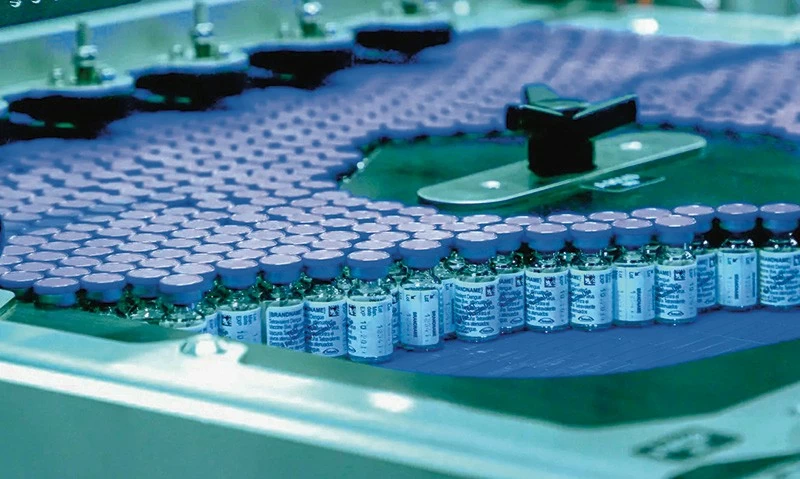 |
After receiving marketing authorization, Takeda's quadrivalent dengue vaccine was officially launched in Vietnam in September 2024. This is the first vaccine to prevent this disease in Vietnam.
Takeda's dengue vaccine has now been approved in more than 40 countries worldwide, including the European Union, Colombia, Thailand, Malaysia, and Vietnam. In some countries such as Brazil, Argentina, and Indonesia, people can access this vaccine through provincial and national immunization programs.
Takeda's strategy harmoniously combines sustainable development with the provision of practical healthcare solutions, creating a model in the pharmaceutical industry. The group's efforts not only affirm its pioneering role in healthcare innovation but also contribute to improving the quality of life for people in Vietnam and around the world.
Medical information This information is for informational purposes only and should not be used to diagnose or treat a health problem or disease. It is not intended to replace consultation with a doctor. Please consult your doctor for further advice. |
Here's a link to view the full APEC 2024 special edition, which includes an article (bilingual English-Vietnamese) about Takena.
Source: https://baoquocte.vn/takeda-with-healthcare-reform-and-net-zero-strategy-293042.html





![[Photo] Standing Committee member of the Party Central Committee Tran Cam Tu presents the Decision appointing the Secretary of the Party Committee of the Ho Chi Minh National Academy of Politics.](/_next/image?url=https%3A%2F%2Fvphoto.vietnam.vn%2Fthumb%2F1200x675%2Fvietnam%2Fresource%2FIMAGE%2F2026%2F02%2F02%2F1770039902160_le-cong-bo-bt-hvctqg-11-7880-jpg.webp&w=3840&q=75)

































































































![OCOP during Tet season: [Part 3] Ultra-thin rice paper takes off.](/_next/image?url=https%3A%2F%2Fvphoto.vietnam.vn%2Fthumb%2F402x226%2Fvietnam%2Fresource%2FIMAGE%2F2026%2F01%2F28%2F1769562783429_004-194121_651-081010.jpeg&w=3840&q=75)




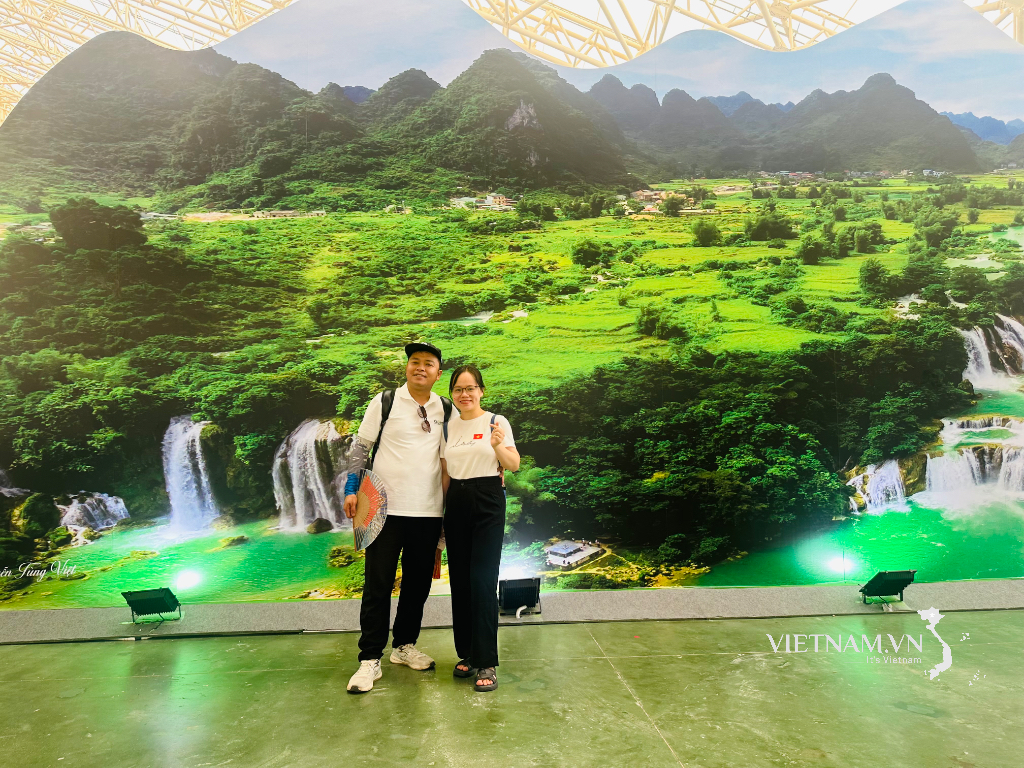

Comment (0)